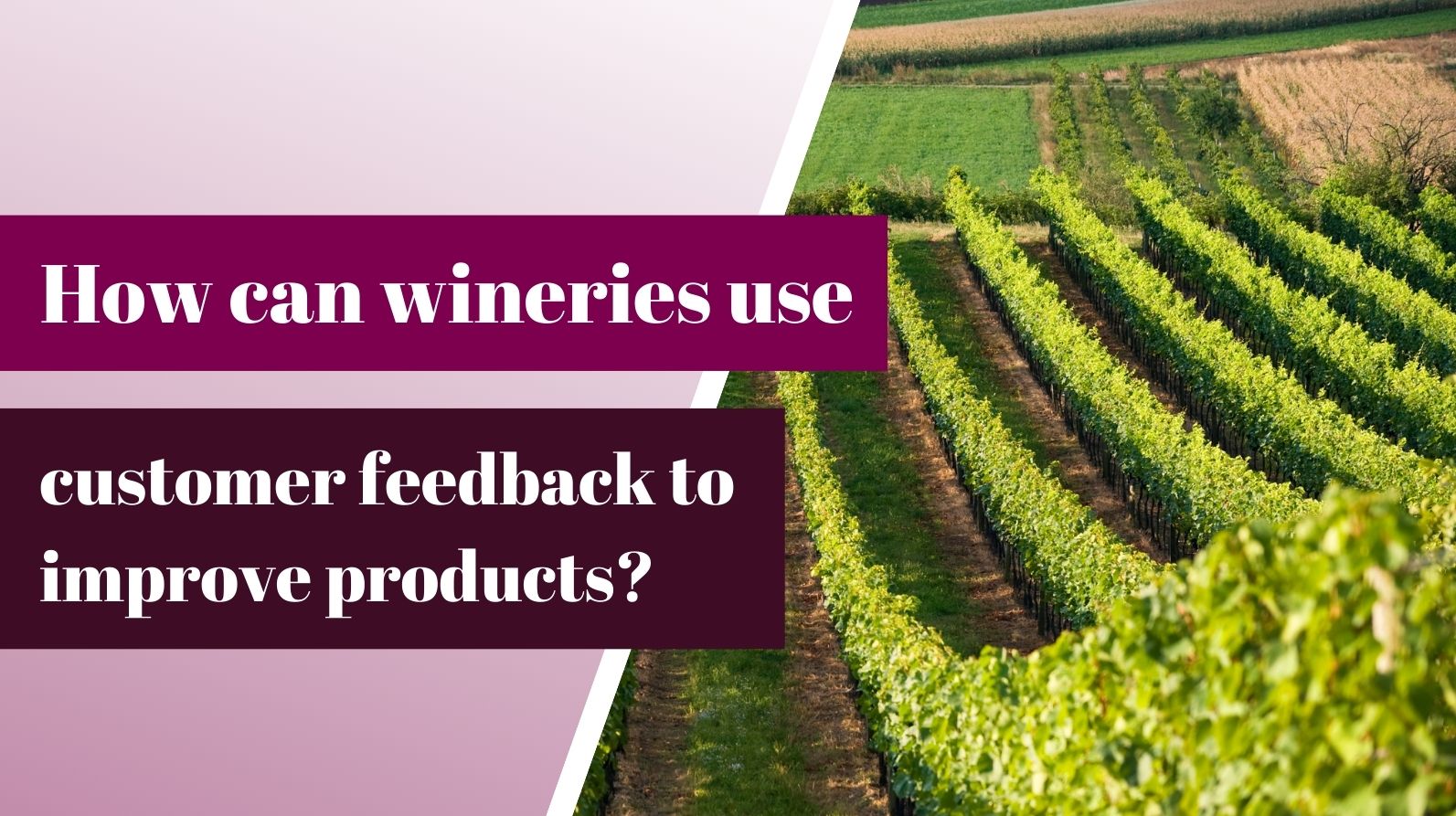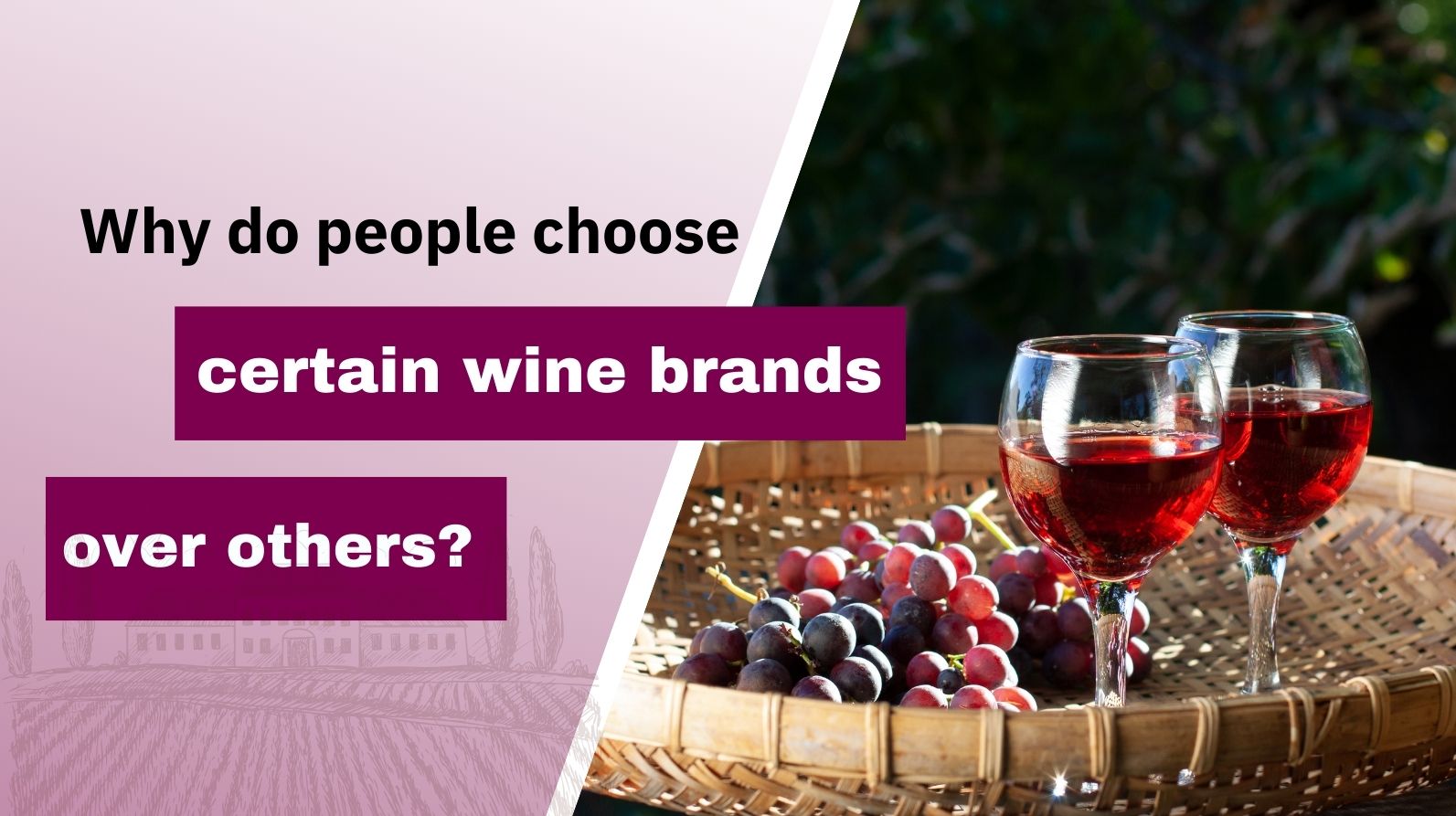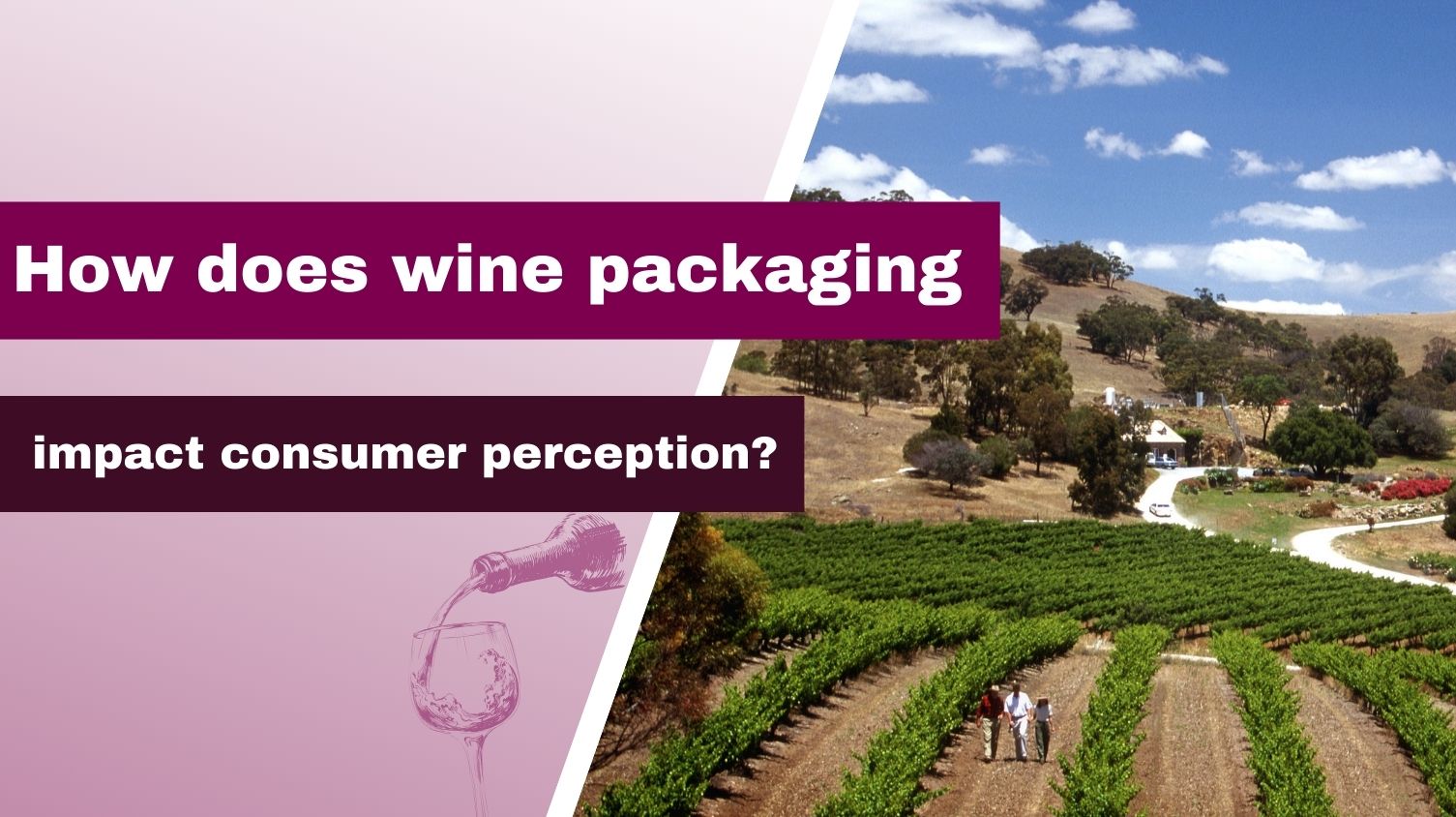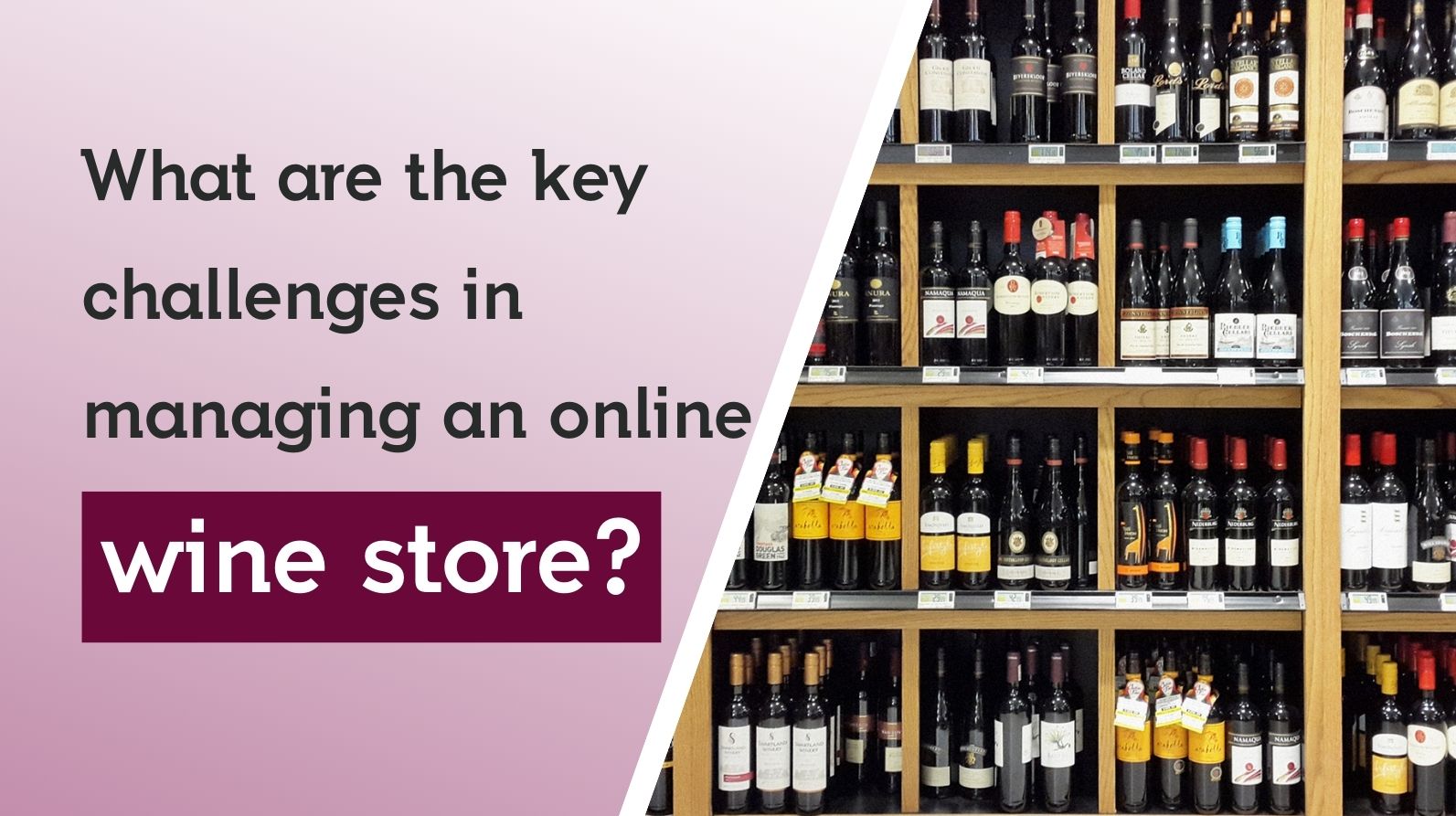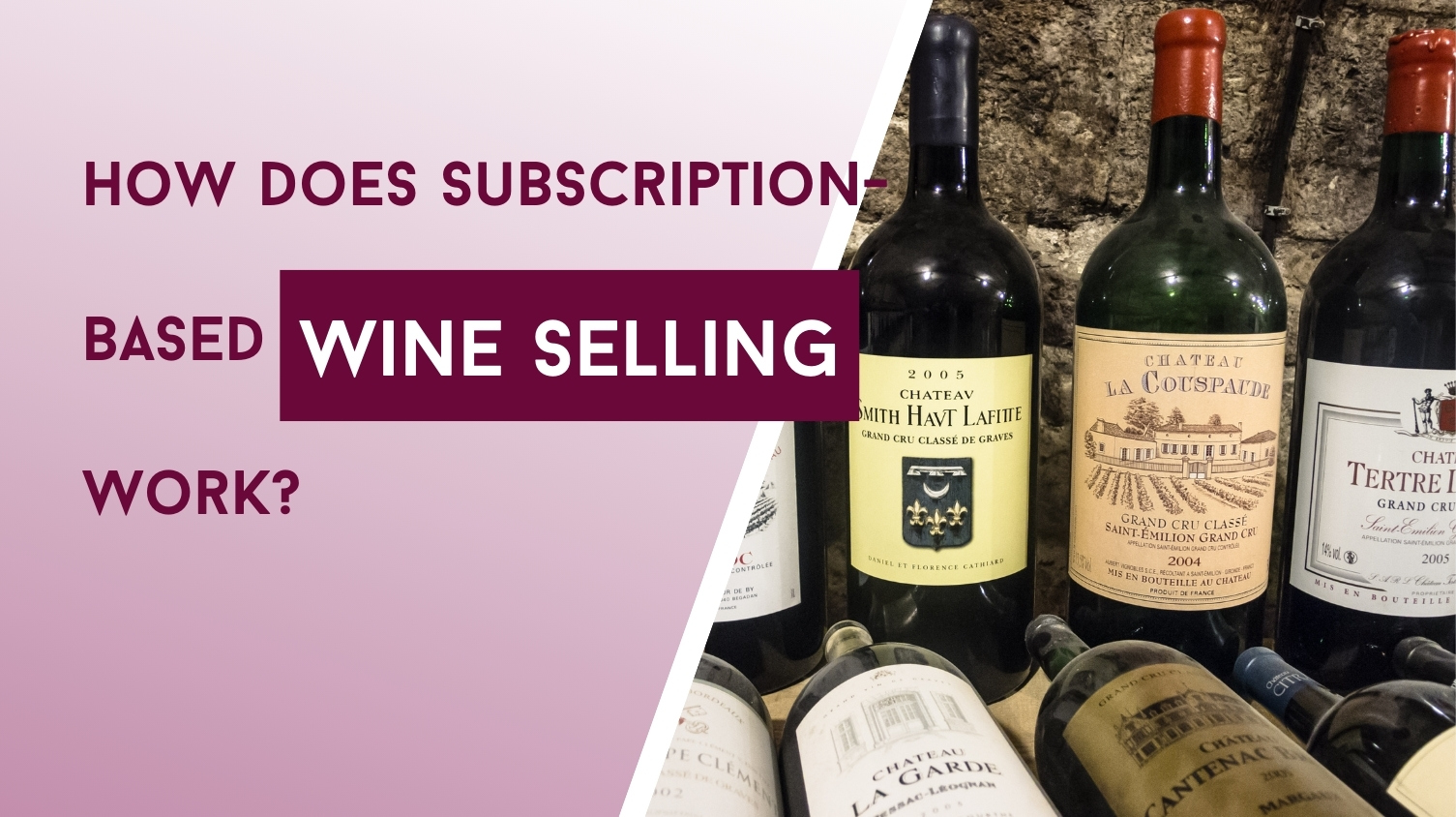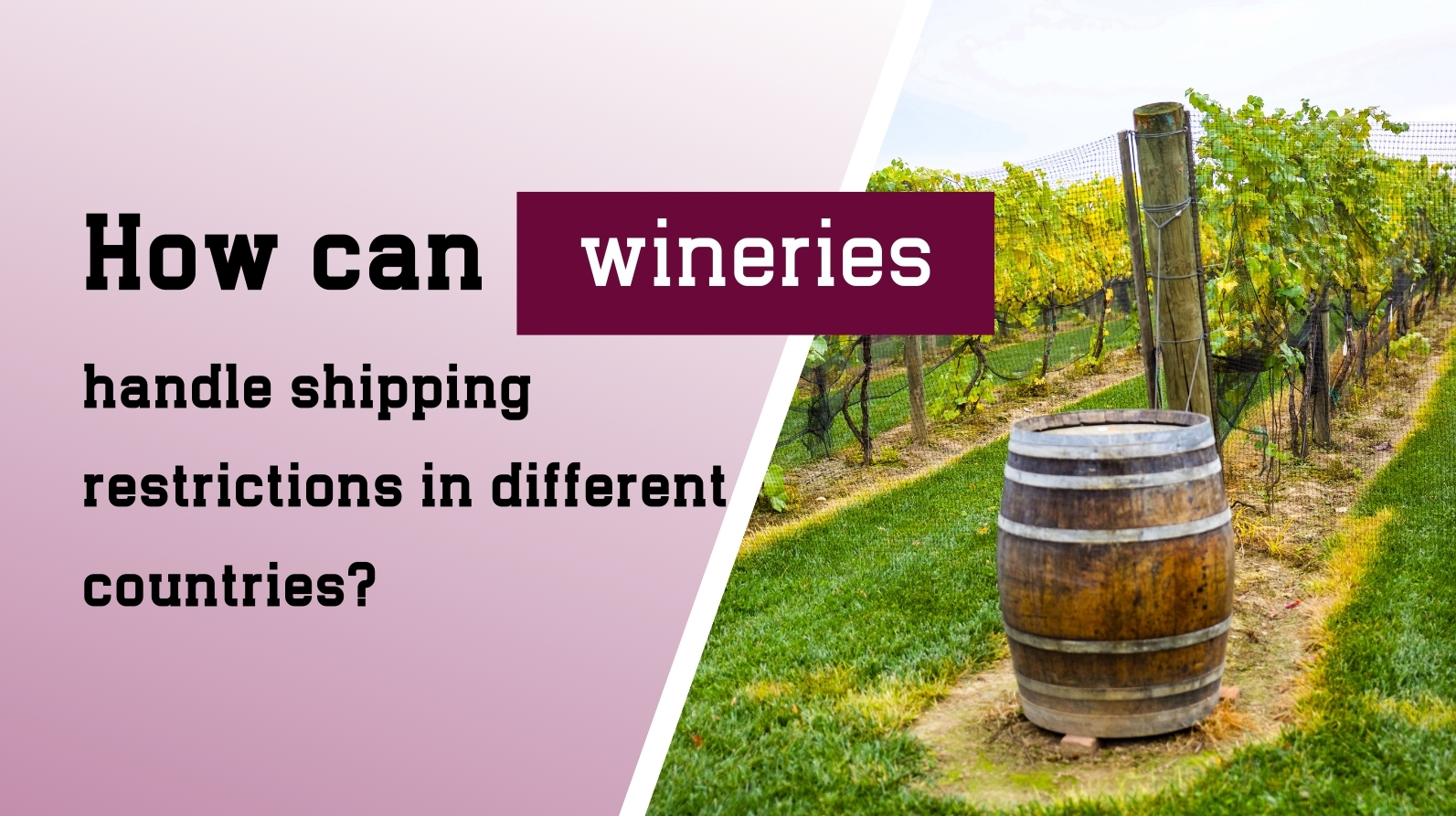Why Do Consumer Preferences Vary So Much in the Wine Industry?
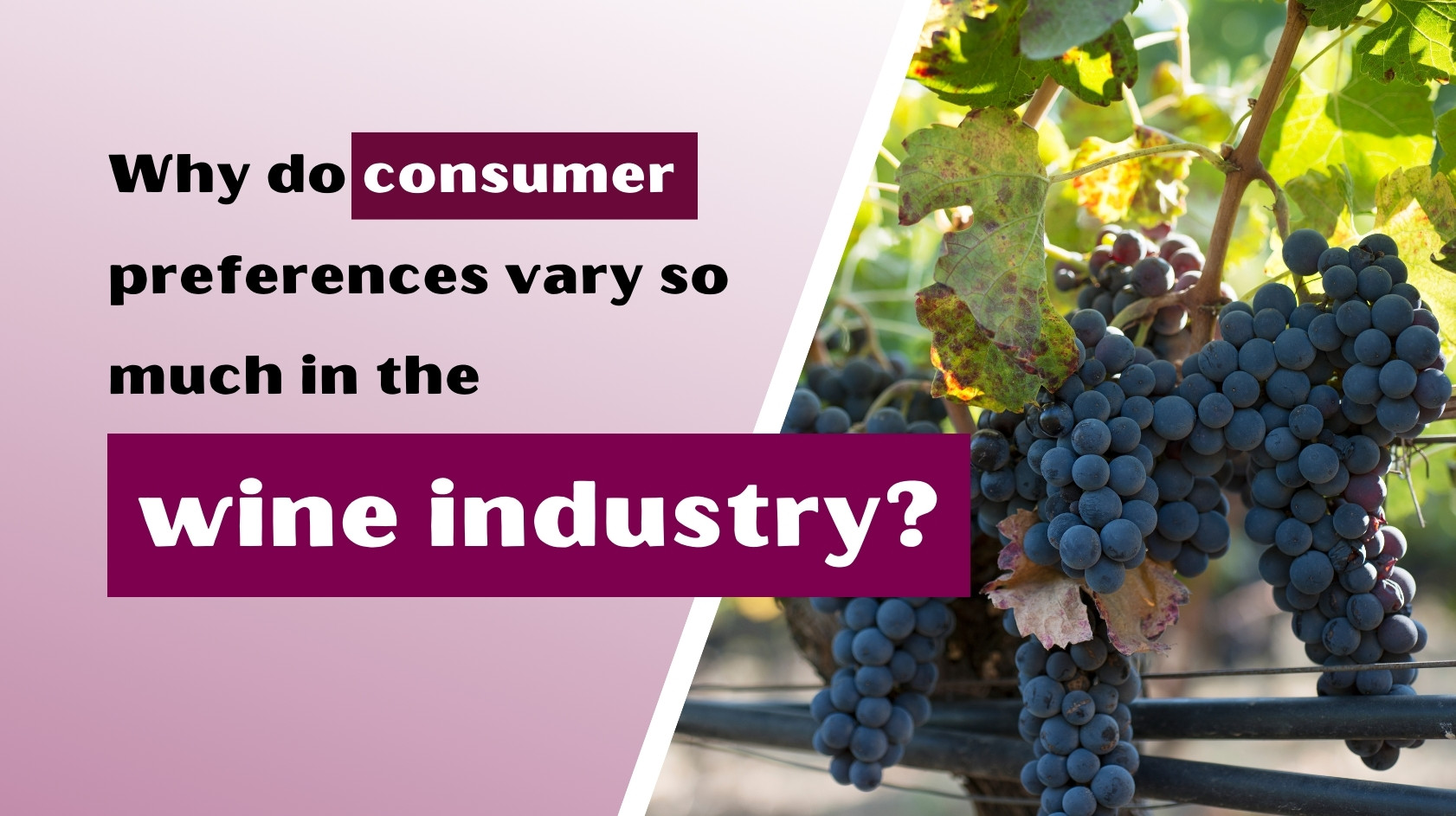
Understanding Wine Preferences at a Glance
When it comes to wine, no two people have the exact same taste. Some like red, some prefer white. Some love sweet wines, others go for dry. But why is that? The answer is not just about flavor—it’s about culture, age, income, health choices, marketing, and even the weather where grapes grow.
Let’s explore all the reasons why people have such different wine preferences, even when they’re from the same country or age group.
Cultural Influences on Wine Choices
Traditional Wine-Drinking Countries
In countries like France, Italy, and Spain, wine is a part of daily life. People grow up drinking local wines with meals, and they often prefer wines that match their food. For example, Italians might love Chianti because it pairs well with pasta.
Newer Wine Markets and Their Trends
In places like China or India, wine is a newer trend. People there may see wine as a luxury or a sign of success. In China, red wine is especially popular because it’s linked with good luck and health.
The Role of Age, Gender, and Income
Young vs Older Wine Drinkers
Younger people, especially Gen Z, often drink less alcohol than older generations. They may prefer cocktails or mocktails instead of wine. Older people, on the other hand, might enjoy wine with dinner or at events.
How Income and Education Affect Choices
People with more money or education may buy fancier wines or enjoy trying wines from different countries. They often know more about wine and are open to tasting new flavors.
Personal Taste and Experience Matter
Sweet, Sour, or Bitter: Everyone’s Taste is Different
Just like some people love spicy food and others don’t, taste in wine is personal. Some like sweet wine, while others want it dry or bitter. This depends on taste buds, which vary from person to person.
How Memories Shape Taste
People also remember special moments with wine. If someone had a great time drinking a certain wine on vacation, they might try to buy it again to relive that happy memory.
Health and Lifestyle Trends in Wine
Drinking Less for Health
Many people today are more aware of health. Some choose to drink less wine or pick wines with less alcohol or sugar. This is changing how people shop for wine.
Choosing Sustainable and Organic Wines
People also want to protect the planet. Organic and eco-friendly wines are becoming more popular. Some buyers are even okay with paying more for wine that’s good for the environment.
The Price Factor in Wine Buying
Budget Wines vs Expensive Wines
Not everyone can afford expensive wines. In many countries, people look for wines that taste good and are affordable. Wine doesn’t need to be pricey to be enjoyable.
How the Economy Affects Buying Choices
When the economy is tough, people spend less on luxury. They may stop buying premium wines and go for cheaper alternatives, even if they used to buy expensive ones.
Marketing and Branding Influence
Popular Brands Win Hearts
Brands matter. People often trust well-known wine labels, especially if they’ve had good experiences with them. A nice label can also catch the eye in a store.
Sommeliers and Wine Experts Guide Tastes
Wine experts like sommeliers can also shape what people drink. If they recommend a certain type, many customers will follow their advice.
Nature’s Role: The Terroir Effect
How Soil and Climate Shape Flavor
Terroir is a fancy word that means how the land, soil, and weather affect the grapes. Wines from places like Napa Valley or Bordeaux have special flavors that people love.
Wine Regions People Trust
Some regions are famous for wine. People often choose wines from trusted places, even if they cost more.
Changing Climate, Changing Wine
Weather is changing. Hotter temperatures can change how grapes grow, and this can make wines taste different. Some areas are even growing grapes for the first time because of climate change.
When and Where: Occasion-Based Preferences
Wine for Parties vs Wine for Dinner
People pick wines based on the event. A party might need easy-to-drink wines, while a formal dinner might call for something fancier.
Gifting Wine: Prestige and Packaging
Wine is a popular gift. When giving wine, people often choose a bottle that looks elegant and feels special.
Wine Tourism and Its Influence
Visiting vineyards and tasting wines on holiday can change what people like. After visiting a winery, people often buy that wine again to remember the experience.
Social Media and Influencers
Instagram, TikTok, and wine influencers can make a wine go viral. If someone cool posts about a wine, lots of people might try it—even if they don’t know much about it.
The Role of Packaging and Design
A nice label or bottle shape can attract buyers. People often pick wines that look good, especially if they don’t know much about wine.
Local vs Imported Wine Preferences
Some prefer local wines to support their country or because they’re fresher. Others enjoy imported wines for their taste and reputation.
Generational Shifts in Drinking Habits
Younger generations are drinking less alcohol. Non-alcoholic and low-alcohol wines are growing in popularity as people look for healthier options.

